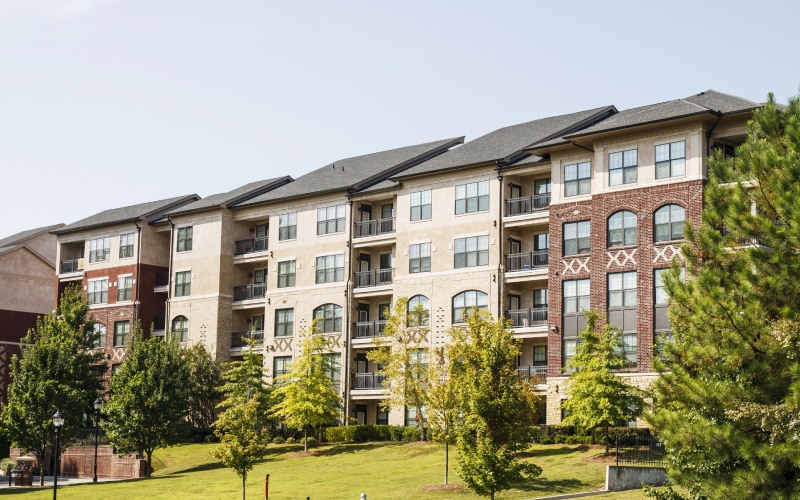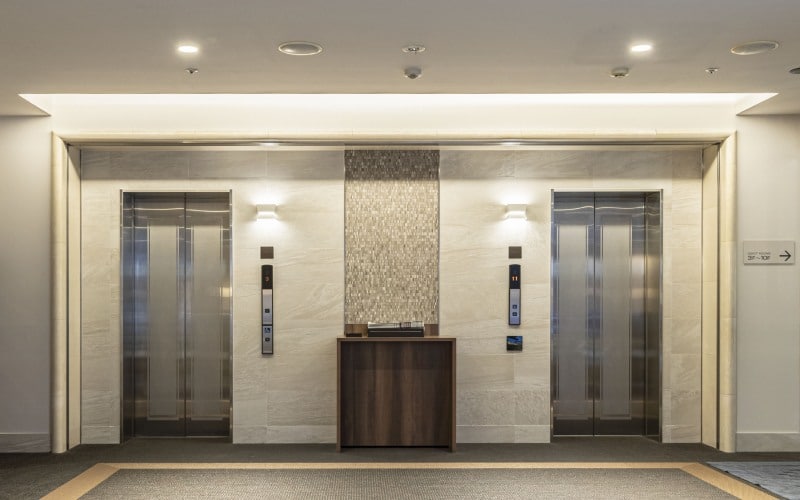500 Hood Road, Suite 320Markham ONL3R 9Z3

Unit owners have several responsibilities, both legal and ethical, for ensuring the condominium community runs smoothly. These obligations are fundamental to the principles of communal living. However, for every unit owner obligation, there is a related obligation of the condominium corporation.
Financial responsibility is a key obligation of a unit owner to the condominium corporation. Unit owners are required to pay their condominium fees promptly and in full. These fees contribute to the upkeep of common areas, such as lobbies, hallways, elevators, and amenities like swimming pools or gyms, as well as covering essential services like security and maintenance. Not fulfilling this financial obligation can impact property maintenance, lowering property values and quality of living.
Moreover, unit owners are typically responsible for any special assessments levied by the condominium corporation. These assessments may arise to cover unforeseen expenses or major repairs beyond the scope of regular maintenance.
On the flip side, condo corporations are typically responsible for using this money responsibly, towards maintaining and repairing common elements, such as hallways, elevators, building exteriors, and shared amenities like pools or gyms. This ensures that the property remains in good condition and maintains its value.
Condo corporations must manage the finances of the corporation responsibly. This includes collecting common expenses (fees) from unit owners to cover operating costs, building adequate reserves for future repairs and replacements, and preparing annual budgets, financial statements, and more.
Condo corporations are obligated to provide unit owners with access to these relevant
documents, to ensure transparency and accountability.

Beyond financial commitments, unit owners must abide by the condominium corporation's governing documents and rules. This includes complying with regulations regarding noise, parking, and alterations to individual units.
The corollary of this is that condo corporations must enforce the rules and by-laws that govern the community. Furthermore, condo corporations must comply with relevant legislation, such as condominium acts or strata property acts, which outline specific legal requirements and obligations for condo corporations and unit owners.
Maintenance and upkeep of individual units also fall within the purview of a unit owner's obligations. While the condominium corporation is typically responsible for maintaining common areas, unit owners are accountable for the condition of their own units. This encompasses tasks such as repairs, renovations, and pest control. Diligent maintenance not only preserves the value of the unit but also prevents issues from spreading to neighbouring properties.
Maintenance and upkeep of common areas will fall to the condominium corporation to manage.
Furthermore, unit owners are often required to obtain insurance coverage for their units. While the condominium corporation typically carries insurance for common areas and the overall structure of the building, individual unit owners are responsible for insuring their personal belongings, as well as any improvements or upgrades made to their units. Adequate insurance coverage provides protection against unforeseen events such as fire, theft, or liability claims, mitigating potential financial losses for both the owner and the corporation.
Condo corporations typically obtain insurance coverage for common elements and liability insurance.
Participation in condominium governance is another essential obligation for unit owners. This may involve attending meetings of the condominium corporation, serving on the board of directors, or participating in committees tasked with specific responsibilities, such as finance or landscaping. Active involvement allows unit owners to have a voice in decision-making processes that affect the community, ensuring that their interests are represented and that policies are implemented fairly and transparently.

Additionally, unit owners have a responsibility to respect the rights and privacy of their fellow residents. This includes refraining from behaviour that disrupts the peace and quiet of the community, as well as respecting the boundaries of neighbouring units. By fostering a culture of mutual consideration and cooperation, unit owners contribute to a welcoming and inclusive living environment.
Condo corporations are required to hold regular meetings, such as annual general meetings, where unit owners can participate in decision-making processes and stay informed about the management and financial health of the corporation.
Condo corporations may be involved in resolving disputes between unit owners, as well as between the corporation and individual owners. This could include issues related to maintenance responsibilities, noise complaints, or breaches of the corporation's governing documents.
Both unit owners and the condominium corporation have a range of responsibilities aimed at fostering a harmonious and well-maintained community. A key way to help both parties fulfill their obligations better is with effective reserve fund studies.
For unit owners, these studies provide transparency and assurance regarding the financial health of the condominium corporation. By understanding the state of the reserve fund, unit owners can actively participate in decision-making processes concerning budgeting, reserve fund allocations, and major repair projects. Additionally, reserve fund studies help unit owners anticipate potential special assessments, for better financial planning and preparedness.
On the other hand, condo corporations benefit from reserve fund studies by gaining valuable insights into the adequacy of their reserve funds. By conducting regular studies, corporations can accurately assess the current and future financial needs of the community, enabling proactive budgeting, strategic planning, and better maintenance to retain the overall value of the property.
However, to do this, the reserve fund study must be comprehensive, accurate, and presented meaningfully. ABSI completes professional studies with detailed, insightful reports that enable informed decision-making.

Naji Hassan, a renowned professional in Building Science and Engineering, brings a wealth of knowledge and experience to his field. Educated at Beirut Arab University and Harvard Business School Online, Hassan has honed his expertise in structural and municipal engineering, building science, and business management. As the President of Accent Building Sciences and an experienced Senior Project Manager, he has made significant strides in building envelope engineering, building condition assessments, and energy retrofit programs. His commitment to innovation and excellence is evident in his approach to large-scale project management and his active participation in industry organizations. Hassan is not only a leader in his field but also a prolific writer and thought leader. He regularly shares his insights and experiences through articles on LinkedIn, which can be found at LinkedIn Articles. Additionally, he maintains a blog where he delves deeper into various aspects of building science, accessible at Accent Building Sciences Blog. Outside of his professional pursuits, Hassan enjoys travel, golf, languages, gardening, and music, reflecting his diverse interests and well-rounded character. Naji Hassan's journey in building science and engineering is not just a career but a testament to his lifelong dedication to learning, teaching, and inspiring others in his field.

500 Hood Road, Suite 320Markham ONL3R 9Z3